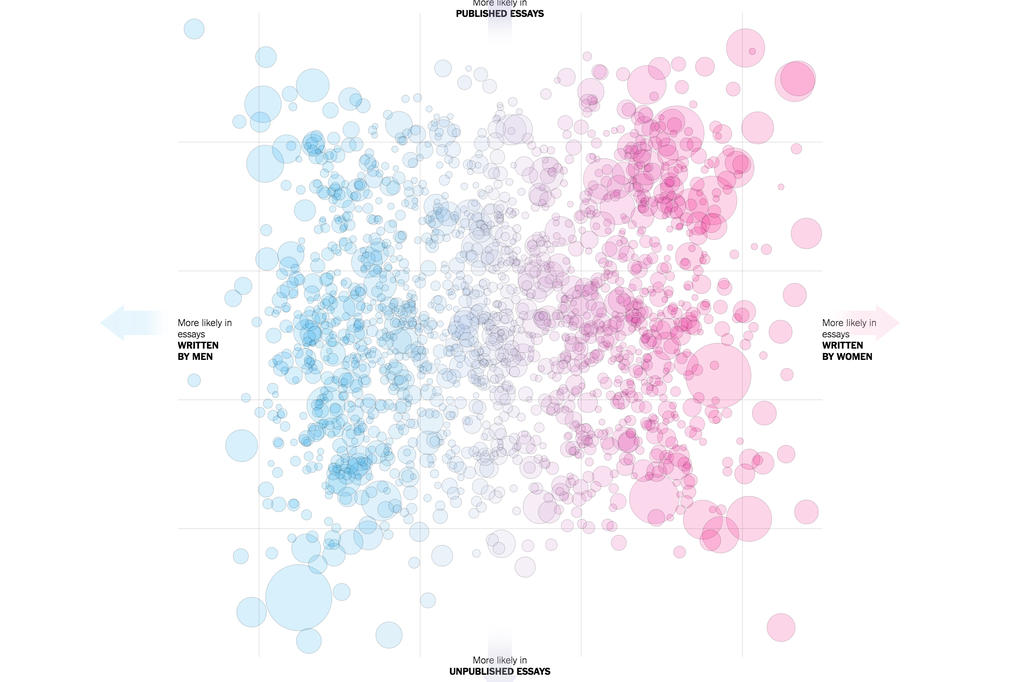Advertisement
Supported by
News Analysis

Republicans promised a middle-class tax cut. So far, they have created mostly middle-class confusion.
Both the evolving House bill and the emerging Senate plan would slash taxes for businesses and many wealthy individuals. What they would mean for the middle class, however, is less clear. The plans feature a spider web of intersecting and offsetting changes to the tax code that many taxpayers — and even many tax accountants — are struggling to untangle.
This much is clear: Either version of the bill would be bad news for residents of high-tax, high-cost states, most of which tend to elect Democrats. Both bills would eliminate the deduction for state and local income and sales taxes — not a big deal in low-tax states such as Florida and Texas, but a potentially huge difference for many taxpayers in high-tax California and New York.
The Senate bill would go further by also eliminating the deduction for state and local property taxes. That would be especially hard on states such as New Jersey that have high housing costs and that rely heavily on property taxes to fund their governments. (States won by Hillary Clinton in 2016 accounted for two-thirds of state and local tax deductions in 2015. They accounted for half of total income.)
Michael Gottlieb, a 32-year-old health care lawyer who lives with his wife and two children in Fair Lawn, N.J., said he believed that his family would pay more in taxes based on the proposals being floated.
“You add all of this up and I am taking a hit,” he said. “I don’t know if it is a drastic hit, but I am coming out behind, not ahead.”
His property tax and mortgage interest combined total $24,000 a year, while he estimates his state income tax would total another $10,000, for a total of $34,000 in itemized deductions. But under the new tax system, he would probably take only the standard deduction, which is $24,000 for a married couple filing jointly.
Taxpayers across the country were making similar calculations this week. Most analysts agreed that the tax bill would cut taxes for the middle class on average, but would raise them on millions of families. A New York Times analysis this week found that the original version of the House plan would raise taxes on nearly half of middle-class families by 2026. Other independent estimates likewise showed that a significant minority of middle-income taxpayers would pay more under the House plan than they would under current law.
That conclusion posed a political problem for Republicans, who have repeatedly promised a middle-class tax cut. Some Republicans, including Senator Marco Rubio of Florida, criticized the House bill for doing too little to benefit families. The Senate majority leader, Mitch McConnell, promised over the weekend that “nobody in the middle class is going to pay more” under the Senate plan.
The Senate bill — the full text of which was released Thursday — probably falls short of that promise. But some economists said the bill would most likely be better for the middle class on average than the House bill.
The Senate version keeps most of the provisions of the House bill that would have helped middle-class families, such as the doubling of the standard deduction, and would make others, such as the child tax credit, more generous. It would also preserve some tax breaks that the House bill initially would have eliminated, including a deduction for medical expenses and a tax credit for families who adopt children. Some of those provisions, including the adoption credit, had been restored by the House Ways and Means Committee, which approved a revised version of the bill on Thursday.

Still, the tax cuts in the Senate bill would probably be modest for most middle-class families, especially compared with the far larger tax breaks for businesses and some high-income individuals.
“The tax cut will still be a large windfall for very high-income people and a very small tax cut for low- and middle-income families,” said Elaine Maag, who studies tax and spending policy for the Urban Institute.
Tax preparers across the country said they were fielding nervous calls from clients wondering how the changes would affect them. Caitlin Campbell, president of Tower Financial Partners in Colorado Springs, said many of her clients had been excited about the prospect of tax cuts — until they began to hear details. The House bill would increase the tax credits given to families with children, but also eliminate the personal exemption given to every taxpayer. Those offsetting provisions would leave some larger families worse off.
“They are surprised,” Ms. Campbell said. “They thought it was going to be a good deal. They thought it was going to reduce their taxes, and they are surprised that they might not do as well.”
That kind of uncertainty could pose political challenges for Republicans as they try to round up the 50 votes needed to pass the bill in the Senate. Vanessa Williamson, a political scientist at the Brookings Institution who has studied public opinion on taxation, said the recent Republican approach to tax overhaul differed sharply from the tax cuts passed under President George W. Bush. The Bush tax cuts were simple to explain, easy to quantify and lowered taxes for just about everybody, she noted. This time, the Republican approach is much less simple.
“People are relatively risk-averse,” Ms. Williamson said. “So if there’s uncertainty about the benefits that you would receive, that’s problematic.”
Deana L. Parsick, who runs a tax preparation company in Springfield, Mo., said clients had been calling her, too, but less out of anxiety than anticipation. Most of her clients have incomes of $25,000 to $35,000 a year, she said. They would benefit from the higher standard deduction and increased child tax credits.
“So for my clientele, I haven’t seen anything that would affect them negatively,” Ms. Parsick said. “They’re excited about the possibility, very excited.”
For many, the offsetting provisions in the bill are difficult to figure out. Amy and Ben Powell, who live in Louisville, Ky., with their toddler son, collectively earn roughly $80,000. Mr. Powell is a choir teacher at a local middle school, while Ms. Powell works part time at a local coffee shop. They both work on the weekend, in their church, for extra cash: He is the music director and she leads the choir’s altos to make sure they are on key.
The couple generally prepare their tax return together through TurboTax, which she said makes it pretty clear which tax breaks help them the most: the child tax credit, their mortgage deduction, student loan interest, the credit for teachers who buy supplies for their classroom, and charitable giving.
“Last year was our first year of claiming a dependent, which gave us a nice chunk back on our return,” Ms. Powell said.
Most of those deductions would stay in place or grow under the Republican plan. But the Powells would lose the personal exemption — more than $12,000 this year — and they would no longer be able to deduct their student loan interest or Mr. Powell’s classroom expenses. That made them nervous, they said.
Ms. Powell said friends also had concerns about prospective changes, including the dependent care tax credit, which was eliminated in the first iteration of the House tax proposal. “We are both fortunate that we don’t pay for child care,” said Ms. Powell, who said her parents help watch their son. “But I have heard from friends who are worried that what you pay into child care is being tampered with in some way.”
Related Coverage

Tax Reform That Doesn’t Bust the Budget? I’ve Got a Few Ideas
The All-New DealBook
Our columnist Andrew Ross Sorkin and his Times colleagues help you make sense of major business and policy headlines — and the power-brokers who shape them.
Please verify you’re not a robot by clicking the box.
Invalid email address. Please re-enter.
You must select a newsletter to subscribe to.
* Required field
Thank you for subscribing.
View all New York Times newsletters.
An error has occurred. Please try again later.
You are already subscribed to this email.
View all New York Times newsletters.
Trending



I’m almost 70. And I’m still not sure I’ll ever fully heal from what my coach did.

Taken from a 27-year-old man who was a star of his profession before hanging himself, the profoundly damaged brain became an object of fascination.

From thousands of essay submissions comes a graphic exploration of the words that made our hearts throb. Or not.

Advertisement
Article source: https://www.nytimes.com/2017/11/09/business/economy/middle-class-tax.html?partner=rss&emc=rss
Speak Your Mind
You must be logged in to post a comment.